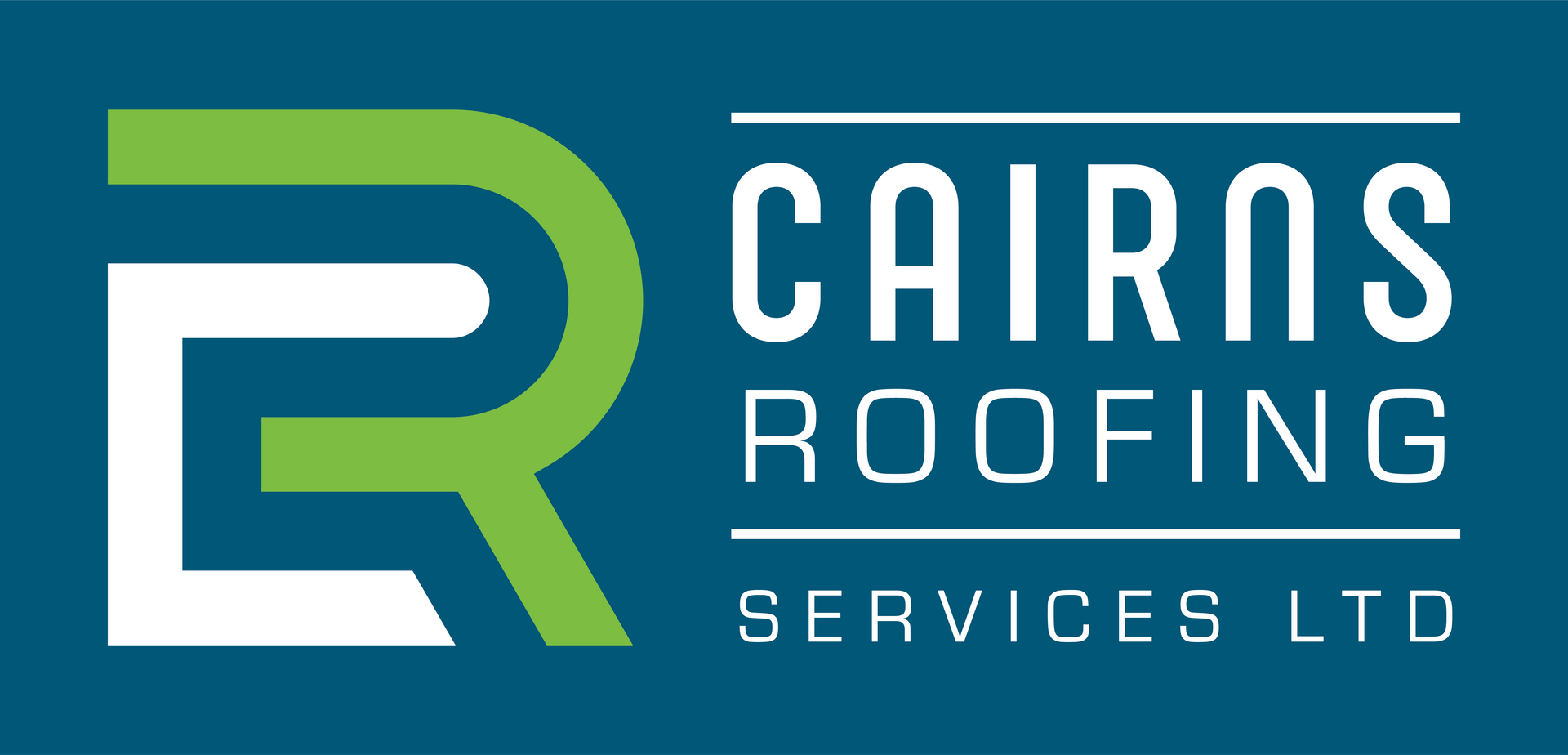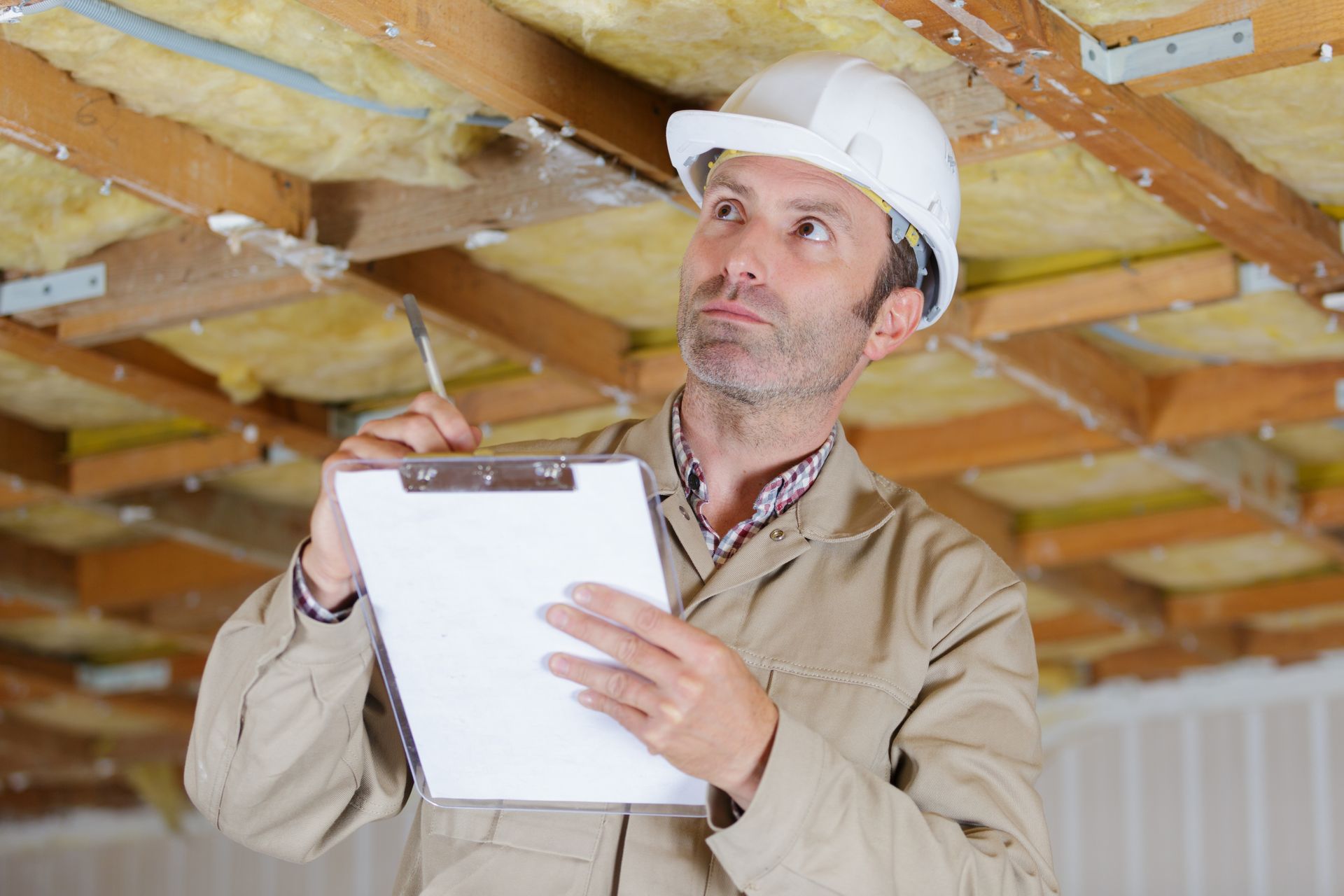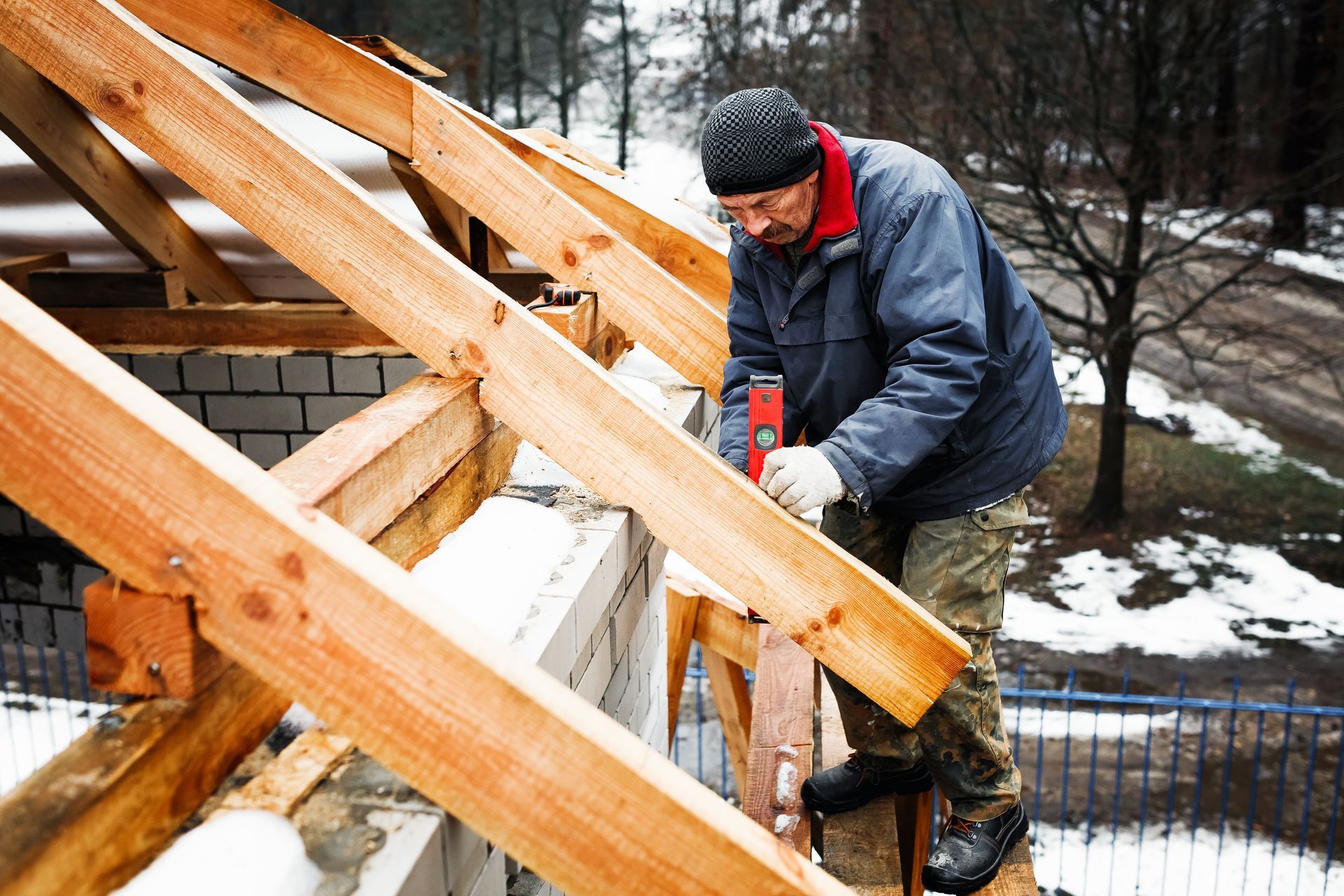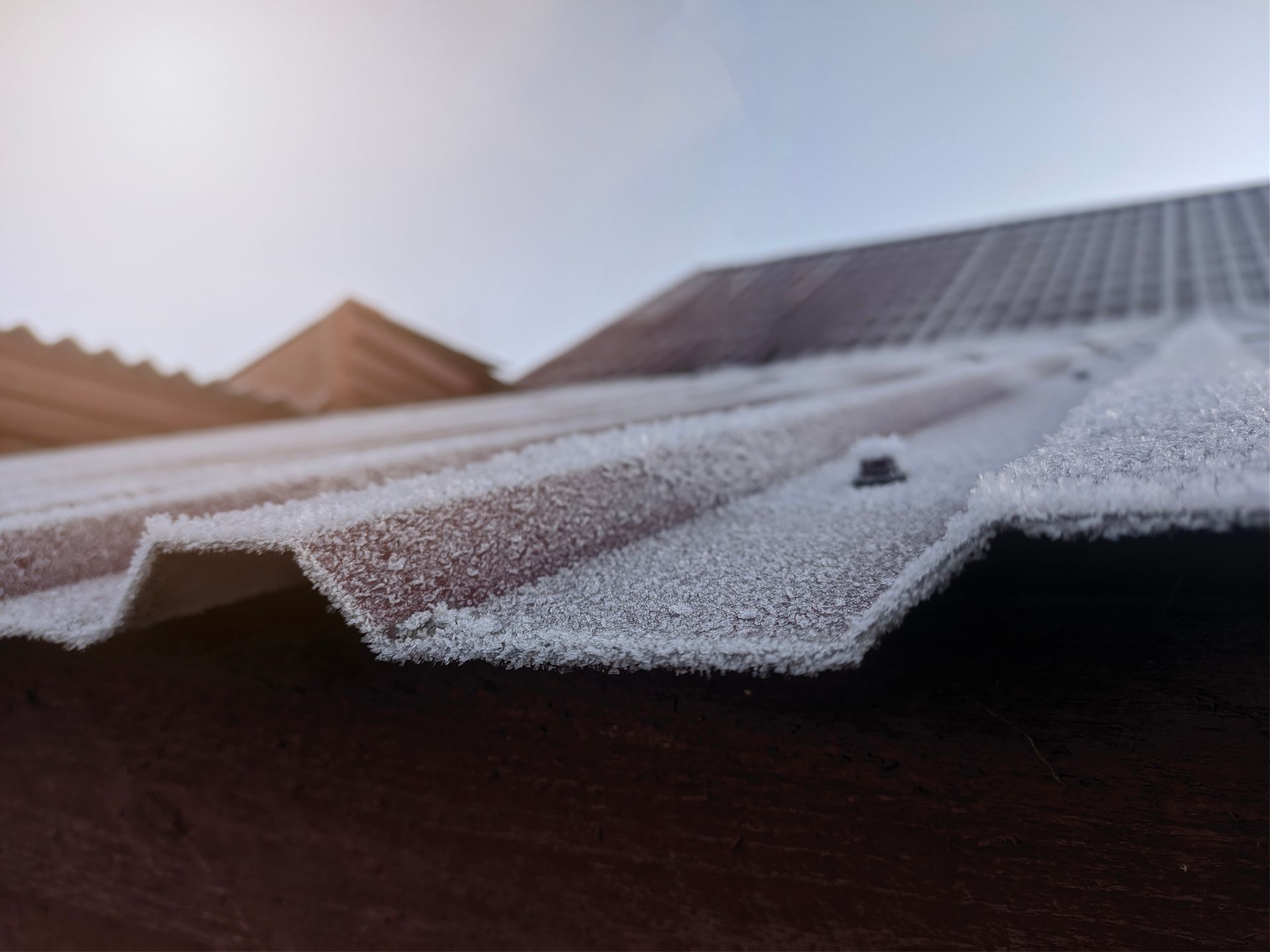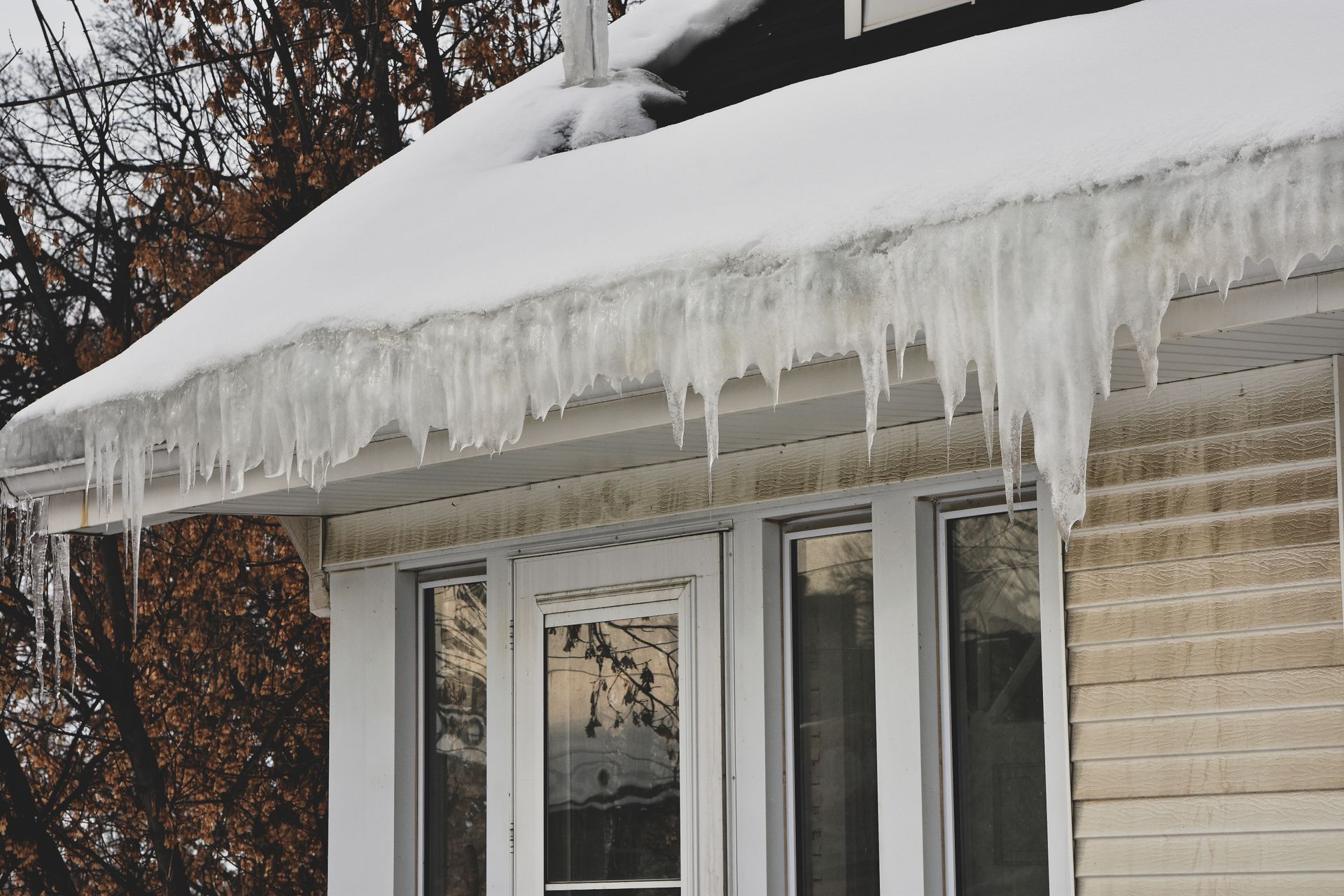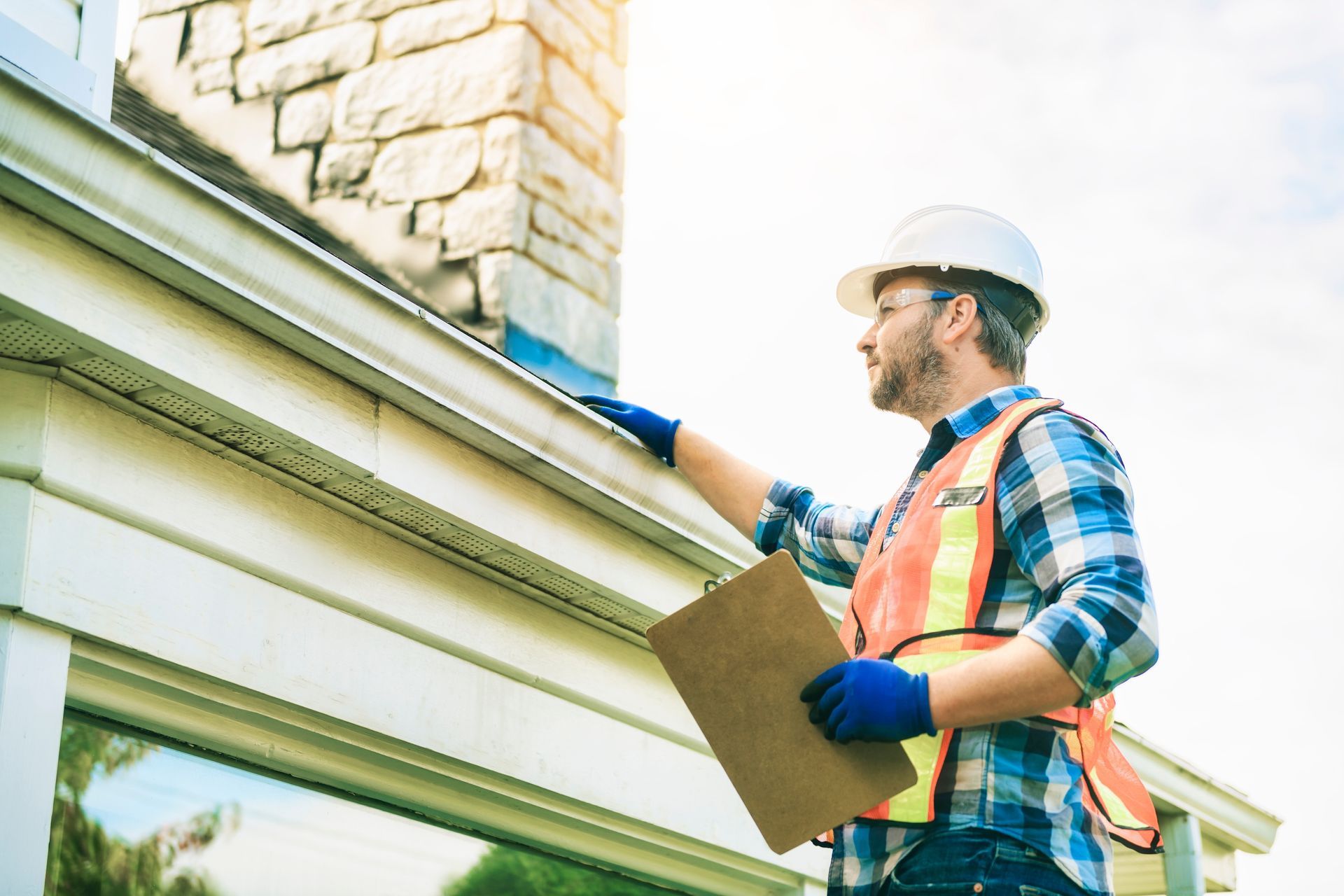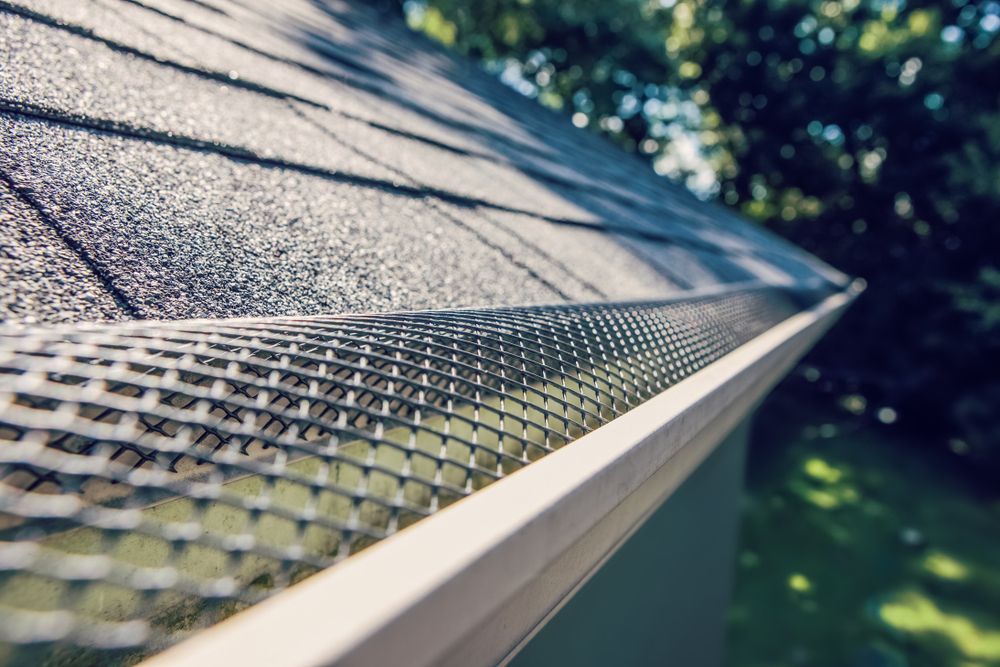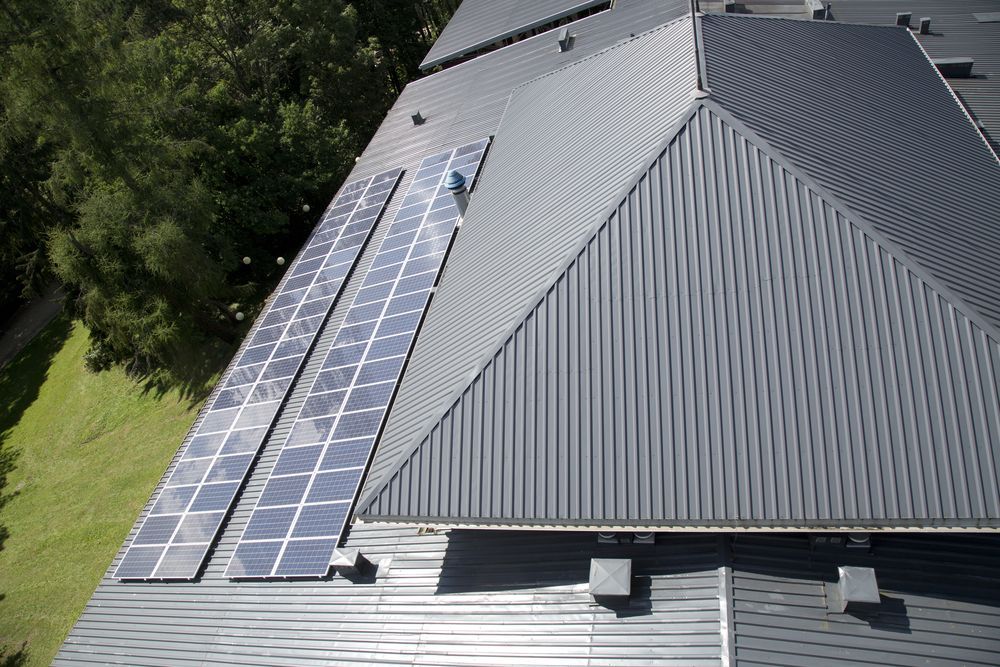Understanding Commercial Roof Types: Which One Fits Best?
Selecting the right roof for a commercial property is a crucial decision that impacts the building's functionality, aesthetics, and long-term maintenance costs. With several types of commercial roofing systems available, it's essential to understand which options cater best to specific business needs and climates. At Cairns Roofing, we are committed to offering tailored advice to ensure our clients make informed decisions for their properties.
Why Roof Type Matters
Commercial buildings serve diverse purposes, and the roof needs to align with the specific requirements of the business it shelters. The right roofing system can enhance energy efficiency, improve insulation, and ensure the safety of both assets and people within the building. Additionally, the roof's durability and maintenance needs significantly influence operational costs. Therefore, understanding different roof types and aligning them with local climate and business demands is essential for long-term economic efficiency and building integrity.
Popular Commercial Roof Types
1. Built-Up Roofing (BUR)
Built-Up Roofing, or BUR, is one of the most reliable and time-tested commercial roofing systems. Composed of multiple layers of bitumen, reinforced fabrics, and finished with a top layer of gravel or mineral cap sheets, BUR offers excellent fire resistance and is incredibly durable. This type of roof is well-suited for buildings that require a cost-effective solution with a long lifespan. However, the installation process can be more time-consuming compared to other types, and it may require periodic maintenance to maximize its lifespan.
2. Modified Bitumen Roofing
Modified bitumen roofing systems build upon the BUR technique by incorporating polymer-based materials, enhancing elasticity and toughness. These roofs offer easy application, versatility, and strong weather resistance, making them ideal for properties in areas prone to severe weather conditions. Modified bitumen roofs can be applied using several methods, including torch application, which bonds layers together for increased water resistance. Its flexibility makes it suitable for buildings that expect roof movement due to temperature variations.
3. Thermoplastic Roofing (TPO and PVC)
Thermoplastic roofing systems, such as TPO (Thermoplastic Polyolefin) and PVC (Polyvinyl Chloride), are popular for their energy efficiency and superior resistance to ultraviolet, ozone, and chemical exposure. TPO, in particular, is known for its environmentally friendly properties. It provides excellent heat and weather resistance, making it an excellent choice for businesses located in regions with intense sunlight. PVC provides additional benefits, including excellent fire resistance and strength, suitable for restaurants and other businesses where potential chemical exposure is frequent.
4. Metal Roofing
Metal roofing has become increasingly popular in commercial construction due to its durability, energy efficiency, and modern appearance. These roofs can last up to 50 years with proper maintenance and are highly resistant to severe weather conditions, such as high winds, hail, and snow. Additionally, metal roofing is environmentally friendly because it is often made from recycled materials and can be recycled at the end of its useful life. While the initial cost may be higher, the long-term savings due to minimal maintenance and energy efficiency make it a viable option for many businesses.
5. Green Roofing
Green roofs, which incorporate vegetation over a waterproof membrane, are gaining traction in urban environments for their environmental benefits. Besides providing aesthetic appeal, green roofs improve air quality, reduce heat island effect, and offer excellent insulation. They help with stormwater management by absorbing rainfall and reducing runoff. While the upfront costs can be higher, municipal incentives and long-term energy savings make green roofs an attractive choice for eco-conscious businesses.
Factors Influencing Your Choice
Each roofing option offers unique advantages, but several factors play into deciding which type will best meet your commercial property's needs.
Climate and Weather Conditions: In regions with harsh weather, it's crucial to install a roofing system that can endure local climate extremes.
Building Design and Purpose: The building's structure and intended use often determine which roofing materials are most appropriate.
Budget: Consider both initial installation costs and long-term expenses, including maintenance and energy savings. Investing in energy-efficient materials upfront can result in significant savings over time.
Local Building Codes: Ensure your chosen roofing system complies with local regulations and standards.
Aesthetic Preferences: While functionality is paramount, aesthetic considerations can influence your choice if the visual impact is a priority.
Partner with Experts for the Best Outcome
Selecting the ideal commercial roofing system is a significant decision that involves careful consideration of materials, costs, and long-term benefits. Cairns Roofing's expertise provides invaluable guidance to businesses navigating these options. Our dedication to quality craftsmanship and innovative solutions ensures every project is executed with precision and care.
Choose the Right Roof for Your Business Today
At Cairns Roofing, we believe in transforming the commercial roofing landscape with expert advice and top-notch installations. Whether you need a roof that offers robust protection against harsh weather conditions or one that enhances your building's energy efficiency, our team is ready to help you select the best fit for your needs.
Don't settle for anything less than the best for your commercial property. Contact Cairns Roofing today to schedule a consultation and let our experts guide you through the process of choosing the optimal roofing solution for your business.
